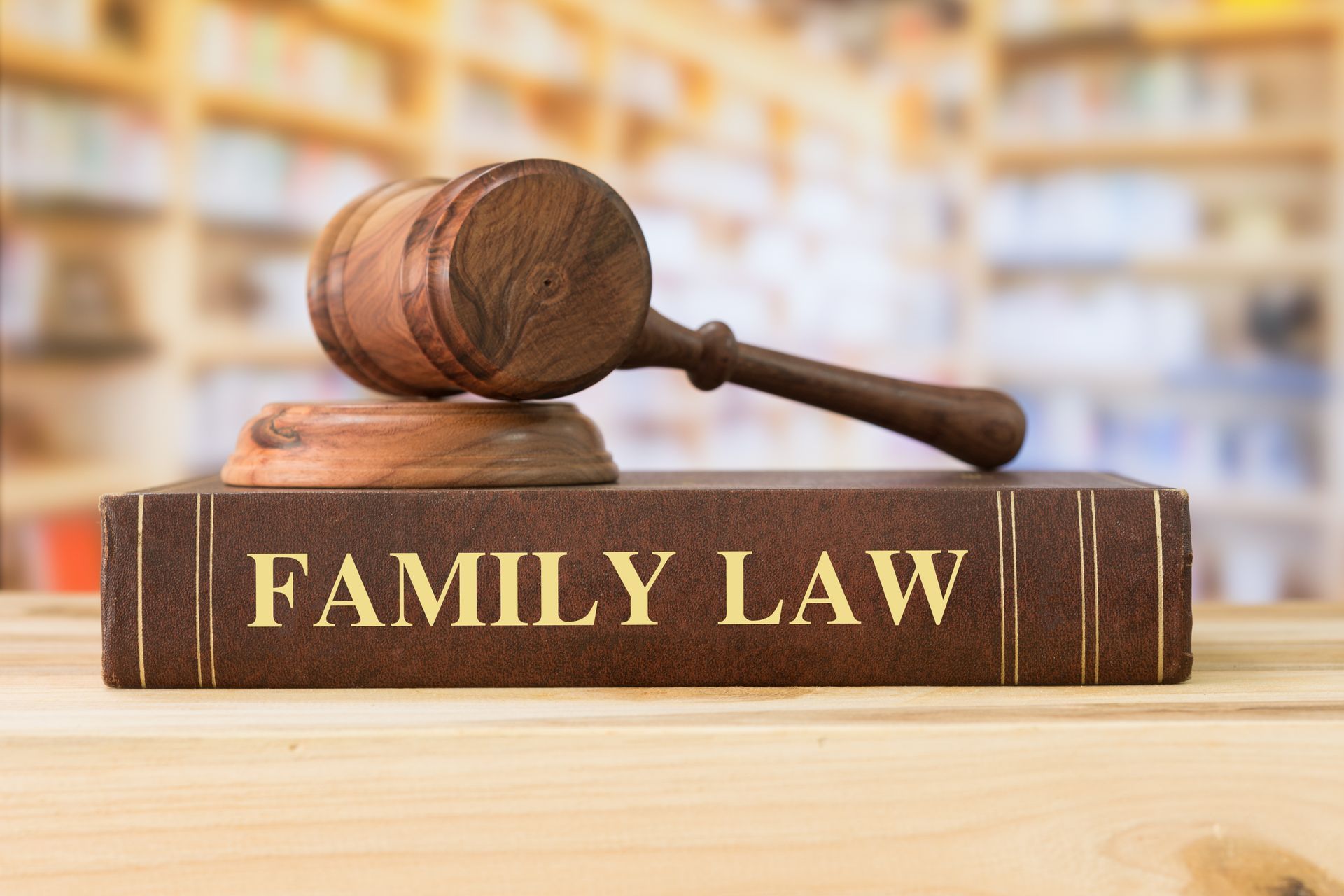A Creative Approach to Your Unique Case
Attorney Baum Goes the Extra Mile
Unhappy With Your Litigated Divorce Matter? Change Course!
Litigation should be the last, not the first dispute resolution process that clients should use. I came upon the following blog, which I thought was applicable to many cases where the lawyer has steered the client to litigation to the client’s regret. To many “old school” lawyers, litigation is the first recourse for obtaining a divorce. The author explains below what a spouse can and should do if you have regrets about the path your divorce is taking.
By Andrea Vacca
If you're in the middle of a litigated divorce and are unhappy with the way things are going, you can change course.
You might have started the divorce process with the goal of ending the marriage quickly and feeling as financially secure as possible at the end. You might have hired the first attorney who came highly recommended from a friend or relative who has been through their own divorce. And all seemed fine in the beginning. Your attorney said she understood that you didn't want to make your divorce World War III. She understood that you wanted to remain friends for the sake of your children. But as soon as it became clear that you and your spouse saw things differently, and conflict arose, the battle was on. Your attorney told you the judge is likely to see it your way and may have even encouraged you to write down all the divisive and emotionally painful issues between you and your spouse that would help you score points in court. And of course, your spouse's attorney told him or her the same thing.
Now, 6 months or 1 year later, you see how combative and unproductive the legal proceedings actually are, you're feeling more anger toward your spouse than ever and you're wondering, "How did I get here? This isn't how I wanted my divorce to go."
It's not too late to change course. For parting spouses who find themselves in an unwanted battle, turning away from litigation and toward a less adversarial approach to their divorce is still possible.
Some recent experiences with couples who moved from traditional (and costly) litigation to mediation or collaborative law have provided me with insights that I would like to share with you, or anyone you might know who is going through a divorce:
- If you don't like the way things are going, explore a different approach: If you feel that the original process you chose for your divorce was a mistake, make a change as soon as possible. The longer a divorce continues in court, the more positional each side becomes. Things are said in court that cannot be "unsaid." Emotional damage can be done in the process that could make it more difficult for you and your spouse to ever come to a resolution or to be cooperative when living your post-divorce lives.
- Your divorce lawyer is unlikely to be supportive of you trying a different process: He may tell you that he does not believe your spouse is capable of being reasonable and you need the "protection" that a court can provide. What he may not tell you is that he doesn't want to lose you as a client. This may be especially true if you still have a robust sum in your checking account. All attorneys hate to lose a client, but this is especially true when the client can afford to pay legal fees. If your attorney attempts to dissuade you from trying mediation or collaborative divorce, certainly listen to what he is saying, but remember that you are the one going through the divorce – not your attorney. The choice of process needs to be up to you and your spouse.
- It takes two reasonable people to move away from litigation and toward a non-adversarial process: You may need to be the brave one who initiates a conversation with your spouse to find out if he or she is also unhappy with the litigation process. If you haven't had a civil conversation with your spouse in months, this can feel pretty scary. In that case, you may need some outside advice about how to facilitate the conversation. There are excellent divorce coaches who can help you get clear about what isn't working for you in the current process, what your true goals are for this divorce and how to explain all of this to your spouse in a way that feels safe.

